John Kelvin Koelsch, a remarkable figure in military history, is remembered for his unparalleled bravery during the Korean War. Born on December 22, 1923, in London, Koelsch was a United States Navy officer and the first helicopter pilot to be awarded the Medal of Honor. His extraordinary courage in the face of adversity, particularly during his final mission, left an indelible mark on the legacy of American military heroism.

Early Life and Struggles: John Koelsch’s early life was one of privilege and adventure. Born to a family with British roots, he attended prestigious institutions such as the Choate School and later Princeton University. However, his path to greatness was far from straightforward. While still a student, Koelsch joined the British Royal Air Force (RAF) and bravely participated in The Blitz, a series of devastating air raids on Britain during World War II. This early exposure to warfare set the tone for his life of service and struggle. Afterward, in 1942, he joined the U.S. Naval Reserve as an aviation cadet, marking the beginning of his journey as an aviator.
Military Enlistment and Heroics: Koelsch's military career flourished as he became an accomplished torpedo bomber pilot, flying for various squadrons and earning promotions through the ranks. His service during World War II in the Pacific theater laid the groundwork for the leadership and fearlessness he later demonstrated. Despite first enrolling at Princeton in 1941, Koelsch returned to complete his degree after the war, graduating in 1949.
When the Korean War broke out, Koelsch joined Helicopter Squadron 1 (HU-1) and served on the USS Princeton for pilot rescue missions off the coast of Korea. His skill and determination shone as he rescued downed pilots, often under life-threatening circumstances.
Defining Moment: Koelsch's defining moment came on July 3, 1951, during a rescue mission in the Anbyon Valley, North Korea. Responding to a distress call from Marine aviator Captain James V. Wilkins, whose plane had been shot down, Koelsch flew his unarmed helicopter into hostile territory. Despite worsening weather conditions, enemy fire, and thick fog, Koelsch located the downed pilot. As his crewman hoisted the injured aviator aboard, the helicopter was hit by enemy fire, crashing into the mountains.
Koelsch’s heroism did not end with the crash. Over the next nine days, he led his crew and the wounded aviator in evading enemy patrols. His leadership, compassion, and ability to administer medical aid kept hope alive for the small group. Tragically, they were eventually captured, and Koelsch, though tortured and abused in captivity, refused to betray his country or aid his captors.
Military Awards and Decorations: John Kelvin Koelsch’s bravery and sacrifice were posthumously recognized with numerous awards, the most notable being the Medal of Honor, awarded on August 3, 1955. This honor, the highest military decoration in the United States, was bestowed upon Koelsch for his selfless dedication and fearless rescue attempt. He also received the Purple Heart and the Navy Presidential Unit Citation for his service and the Prisoner of War Medal for his endurance in captivity. His list of accolades includes honors from World War II and the Korean War, such as the American Campaign Medal, Asiatic–Pacific Campaign Medal, and the Korean Service Medal.
Conclusion: John Kelvin Koelsch exemplified the highest ideals of courage, leadership, and sacrifice. His legacy lives on, not only through his military awards but in the values he embodied as an officer and as a person. Buried at Arlington National Cemetery, his grave serves as a reminder of the countless sacrifices made by servicemen in defense of freedom. His name was further immortalized with the commissioning of the destroyer escort USS Koelsch, ensuring that his story of heroism will continue to inspire future generations.
